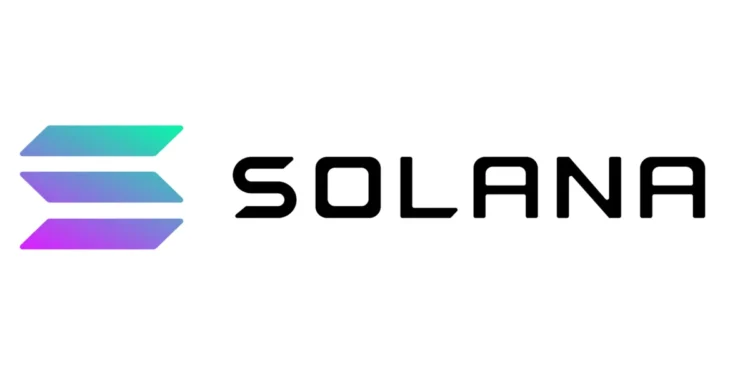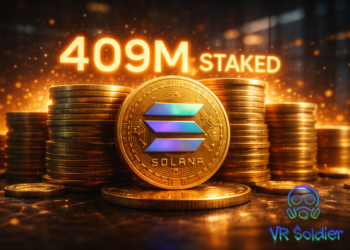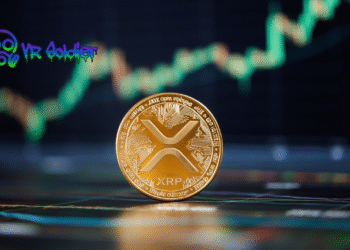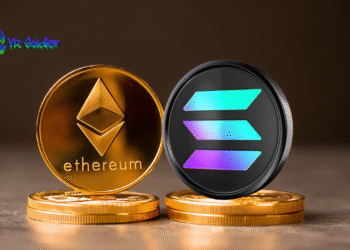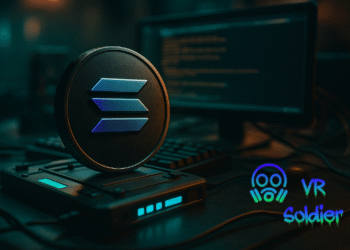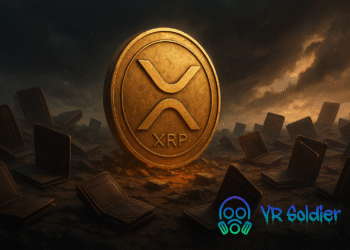The developers of Solana Labs have made an important announcement. They informed users of the launch of an evolutionary “token expansion” for the Solana SPL network. According to them, it is “a series of programs comparable to the Ethereum ERC-20 token standard.”
The developers explained that “token extensions” are an innovative token standard that complements the original functionality of SPL. Dozens of new use cases include enhanced digital asset interoperability, transfer fees per token swapped, and confidential transfers using zero-knowledge (zk) technology.
According to the company, they designed the “token extensions” to help businesses move to blockchain and offer optimized security, compliance and other services on the Solana network.
“The new technology is based on the characteristics that make Solana an ideal place for developers,” blockchain creator and Solana Labs CEO Anatoly Yakovenko said in a statement. “We are the first network to offer this level of integrated interaction between programmers and users in one environment. We see potential to create new capabilities using “token extensions.”
| Note: Many companies such as Paxos and GMO-Z.com Trust Company have already adopted an innovative token standard for issuing stablecoins on the Solana network. |
About Solana Labs
Solana Labs is a company developing and supporting the Solana blockchain platform. This is a high-performance and scalable platform designed for building decentralized applications (DApps) and various services.

They created it to ensure high speed of transaction processing and minimize transaction fees. The innovative Proof of History (PoH) consensus mechanism, combined with other technologies, allows Solana to process up to 65 thousand transactions per second (TPS) and minimizes the cost of sending digital assets.
Solana Developers
The history of Solana began in 2017, when Anatoly Yakovenko began building the network. First, he released a whitepaper in which he described the new Proof-of-History consensus mechanism. Together with Greg Fitzgerald, Yakovenko founded the Solana Labs project. They were soon joined by Raj Gokal and Stephen Akridge, and in March 2020, the four of them launched the Solana blockchain.
What is Solana (SOL)?
Solana is an open-source blockchain that has particularly high throughput. The main functionality of Solana is the creation of decentralized applications (dApps), smart contracts and other projects. SOL is the network’s native token. Take a look at the Solana price chart above to see the current price of SOL.
At its core, Solana is truly similar to Ethereum. It is like an alternative to Ethereum that offers more advanced scaling capabilities and extremely high transaction speeds. Ethereum can process 40 transactions per second, while Solana can process almost 70,000 transactions in the same second.
Solana Network
The Solana network uses a unique consensus model built specifically for the Solana blockchain called Proof-of-History (PoH). It also includes the well-known Proof-of-Stake (PoS) mechanism. Although, in essence, Proof-of-History can be perceived simply as an improved version of Proof-of-Stake. PoH was developed by the founder of Solana himself, Anatoly Yakovenko.
The protocol design ensures scalability and fast data processing while maintaining low transaction costs. It’s responsible for processing transactions. Essentially, PoH records successfully completed operations and the interval between them. The time-based consensus method does not require confirmation of the transaction by all nodes on the network. It is sufficient to confirm that event A occurred before event B. Each sequence of blocks created by PoH processes is then verified by PoS, which is used as a monitoring tool for these operations.

